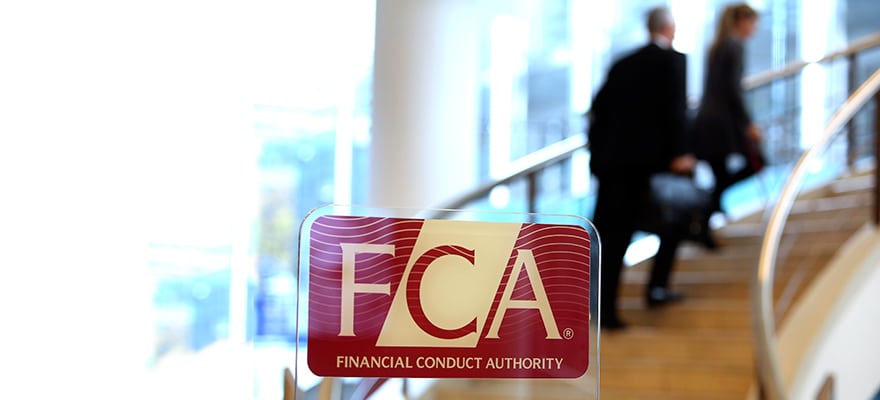Britain’s financial regulator has continued its ongoing efforts to warn the general public against fraudulent and unauthorized entities. The City watchdog today warned against a provider of online trading products called Forexbit.
Today's announcement is the latest in the FCA’s series of warnings about unregulated firms posing as legitimate, approved businesses to con UK consumers into making Payments for investment services.
Forexbit is targeting UK investors offering a full range of offshore investment services, including FX trading services, but the City watchdog stressed the registration claims on its website is a fake and the firm is not authorized to do business in the UK.
Britain’s Financial Conduct Authority, or FCA, keeps a closer eye on firms selling high-risk and speculative investments to retail clients following recent actions by its European peer to supervise sales of contracts for difference (CFDs).
Measures to restrict the marketing CFDs to retail clients, which mainly applies to regulated providers, were put forward by the European Securities and Markets Authority (ESMA) back in 2018.
FCA still concerned about crypto
The FCA was also concerned that firms might consider getting around ESMA’s measures through their overseas brands or by selling other similarly complex or highly-leveraged products. The City watchdog said, in common with other European regulators, it was aware that other products could create the same kinds of risks to consumers as CFDs.
Most recently, the FCA has also warned investors are turning to Cryptocurrencies to “get rich quick” despite not understanding what they are purchasing. Many of those interviewed perceived crypto assets as a shortcut to easy money and wealth while they overestimated their knowledge of virtual asset class. For example, many crypto enthusiasts said they wish to buy a whole Bitcoin, not realizing they could buy just part of one.
Earlier in January, the Financial Conduct Authority also highlighted its concerns over financial promotions that falsely implied that all of a firm’s activities were regulated by the FCA or other regulators, when in fact they were not.

















